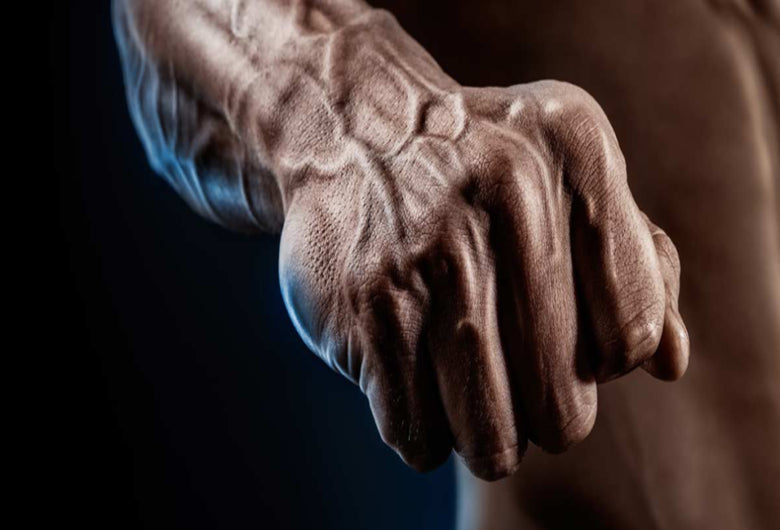Grip Strength and Brain Health
Posted by SUNNY RODHEY

When we think of brain health, we usually picture activities like crossword puzzles, memory games, or meditation. But research suggests that something as simple as your hand grip strength may provide valuable insights into the health of your brain. In fact, grip strength is increasingly being studied as a biomarker for cognitive function and neurological resilience.
Why the connection? Grip strength is not only a measure of muscle function, but also a reflection of overall nervous system health. Stronger grip strength has been associated with better reaction times, improved coordination, and healthier brain signaling. Multiple studies have shown that people with higher grip strength tend to perform better on tests of memory, processing speed, and executive function — the set of skills that allow us to plan, focus, and manage tasks. Conversely, declining grip strength has been linked to increased risk of cognitive decline and dementia.
Scientists believe the link lies in the body’s interconnected systems. Both brain and muscle function depend on healthy blood flow, mitochondrial energy production, and efficient neural communication. When these systems are optimized, you’re more likely to see strong grip performance and sharp cognitive ability. This means that lifestyle habits that preserve muscle strength — like regular resistance training, balanced nutrition, and adequate recovery — can also benefit your brain.
The takeaway? Don’t underestimate the power of a strong handshake. Maintaining grip strength throughout life isn’t just about physical independence — it could also be a window into your cognitive vitality. Supporting both your muscles and your mind with exercise, proper nutrition, and evidence-based supplements may be one of the most holistic strategies for healthy aging.

